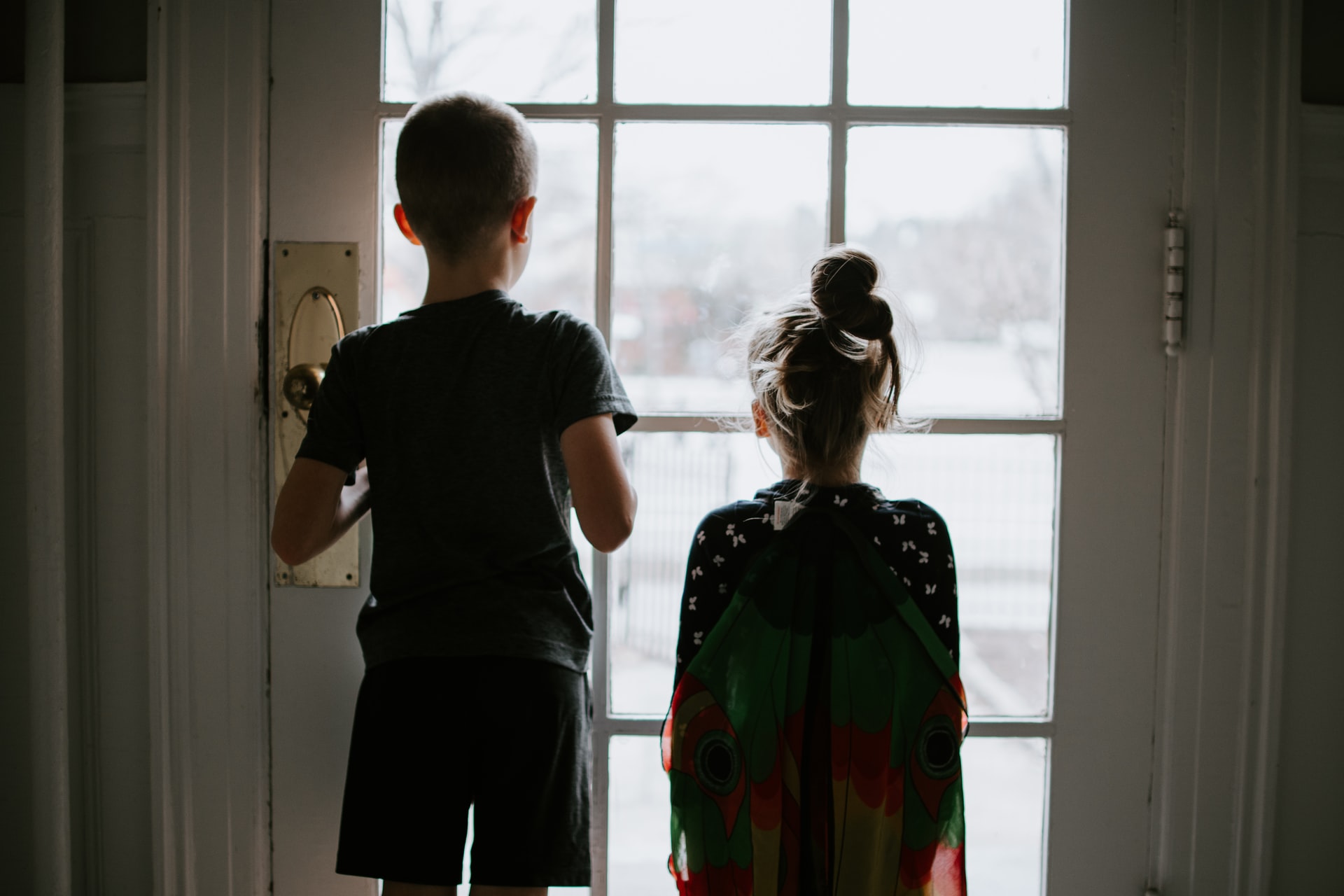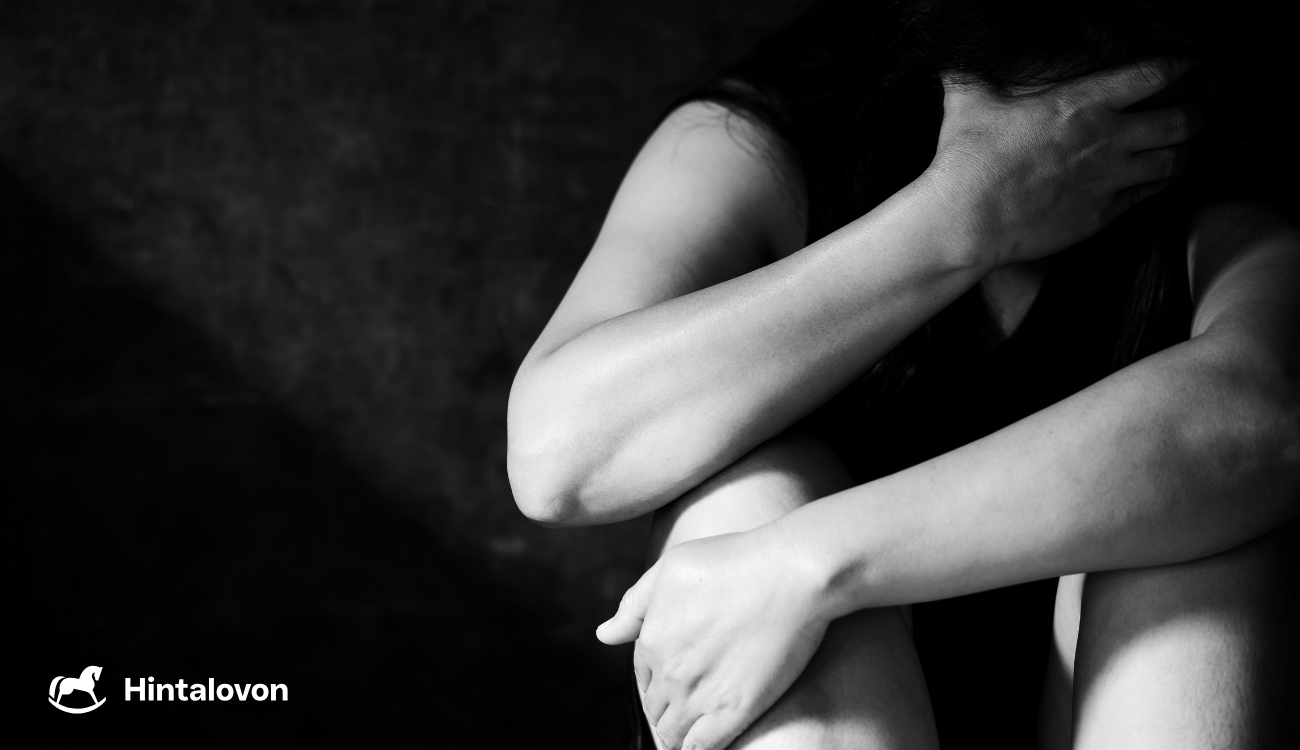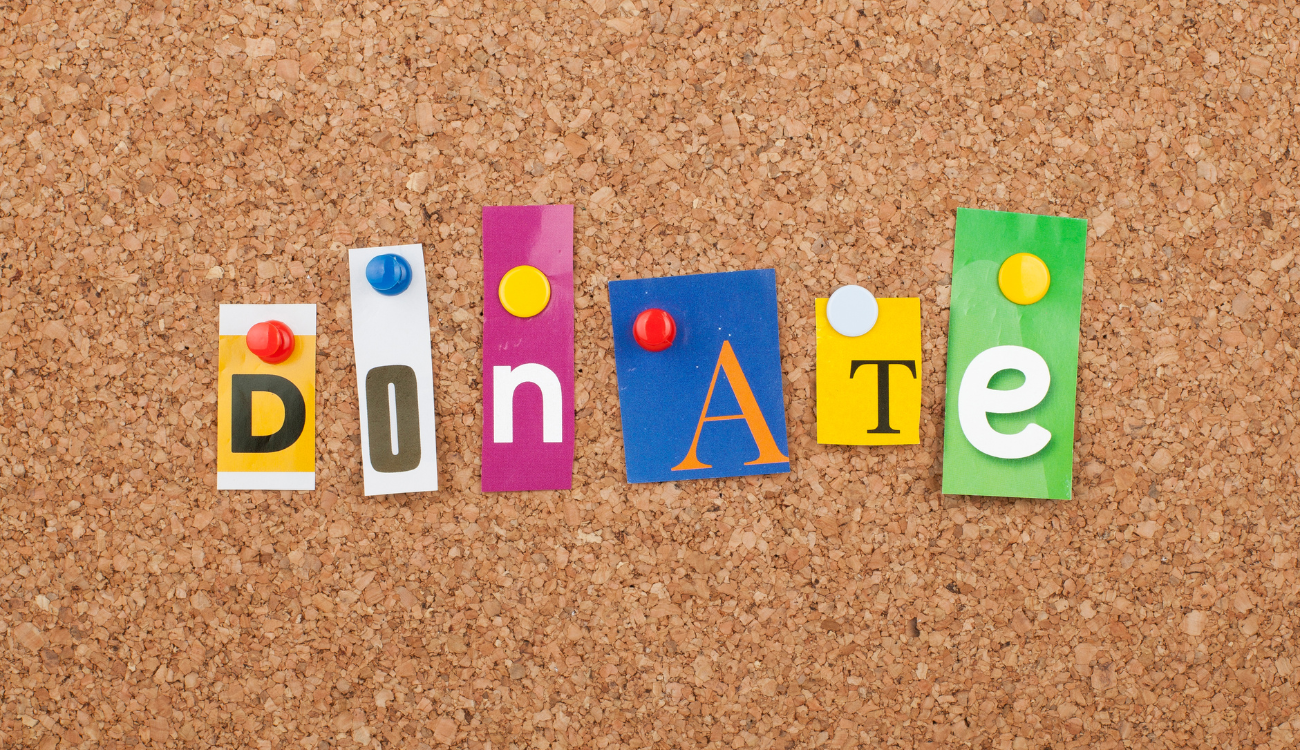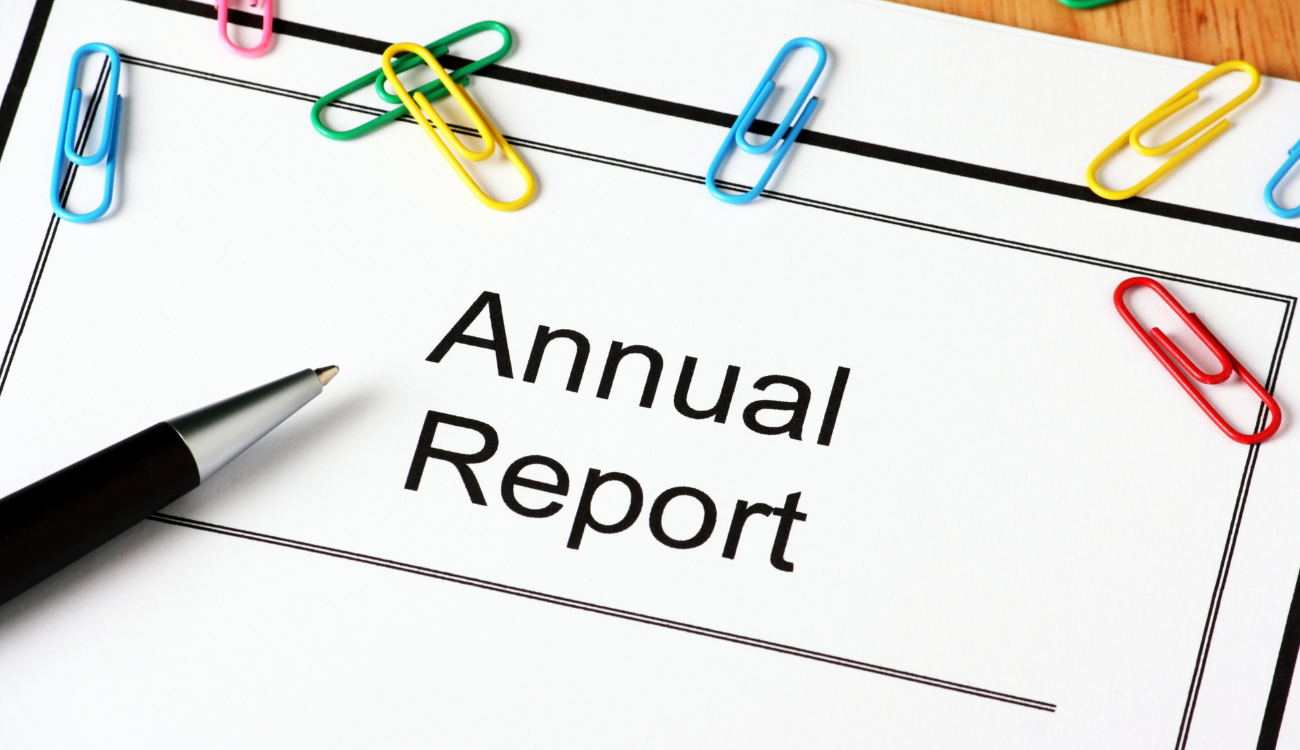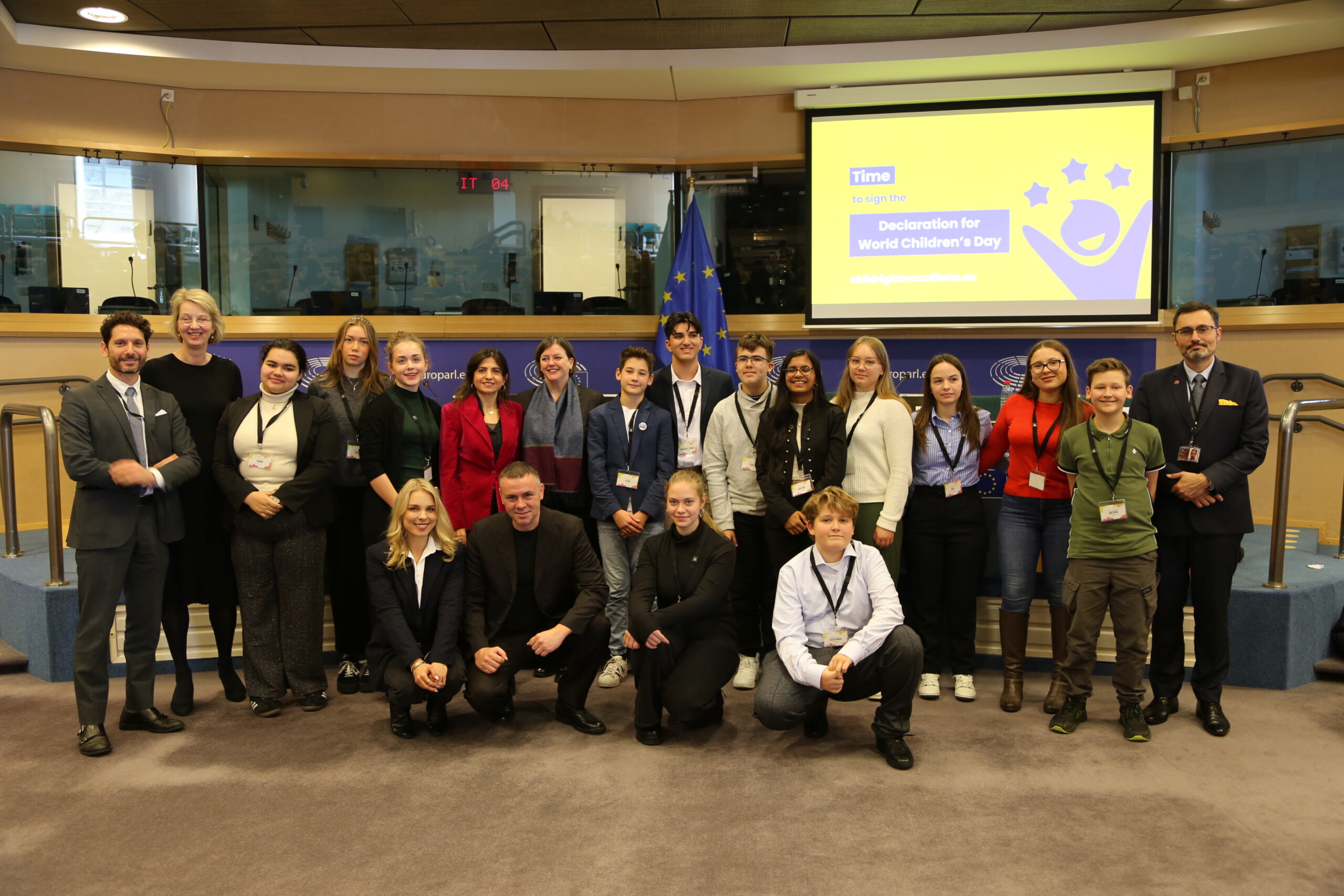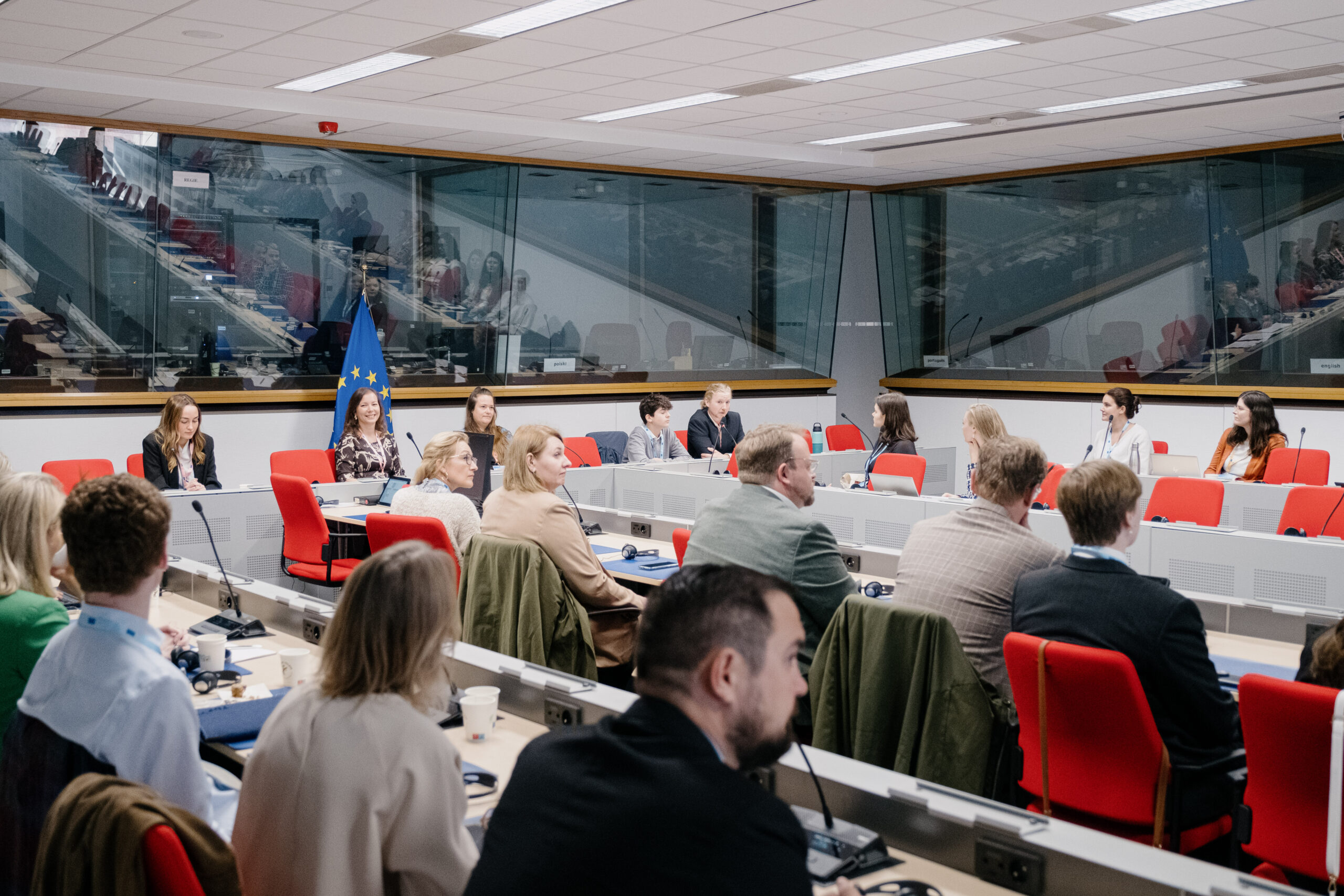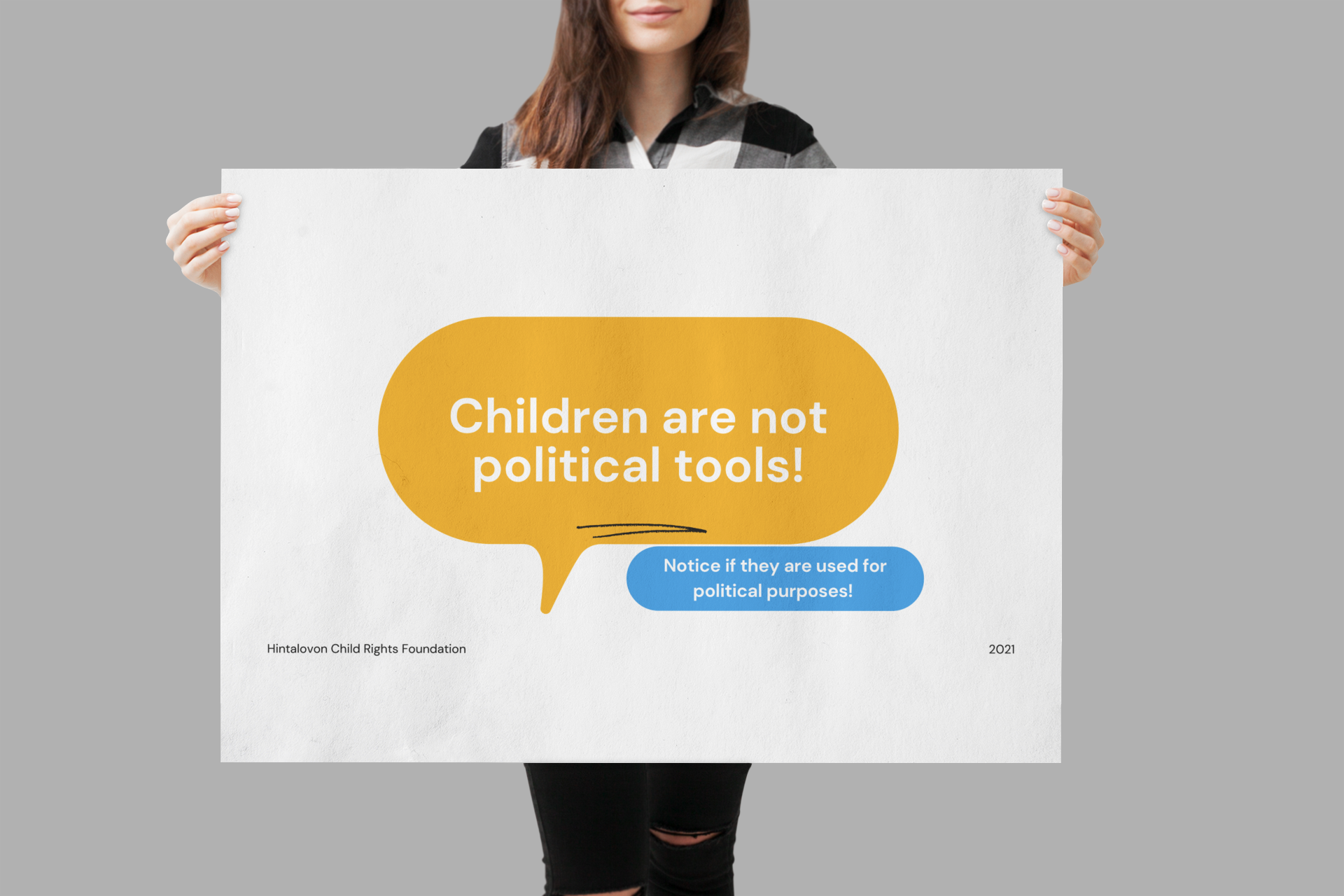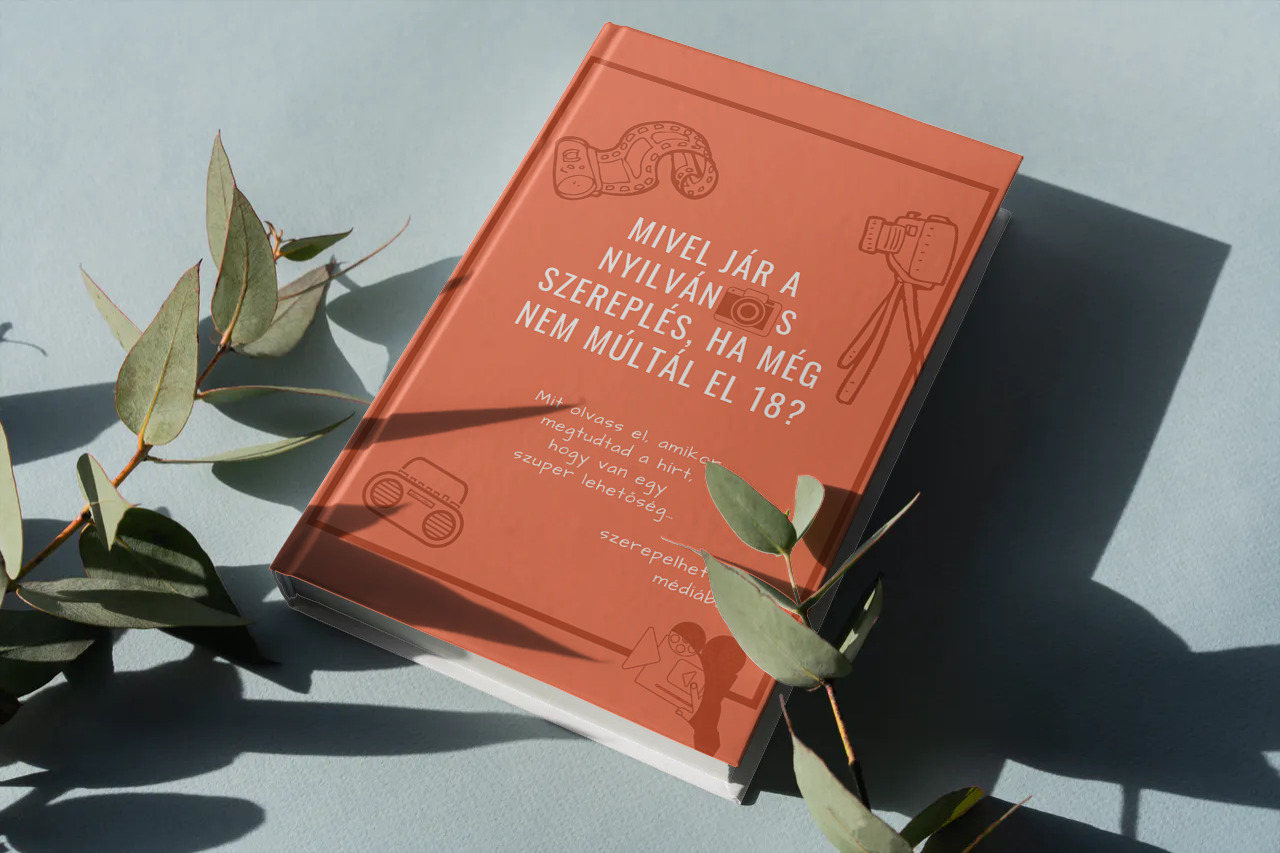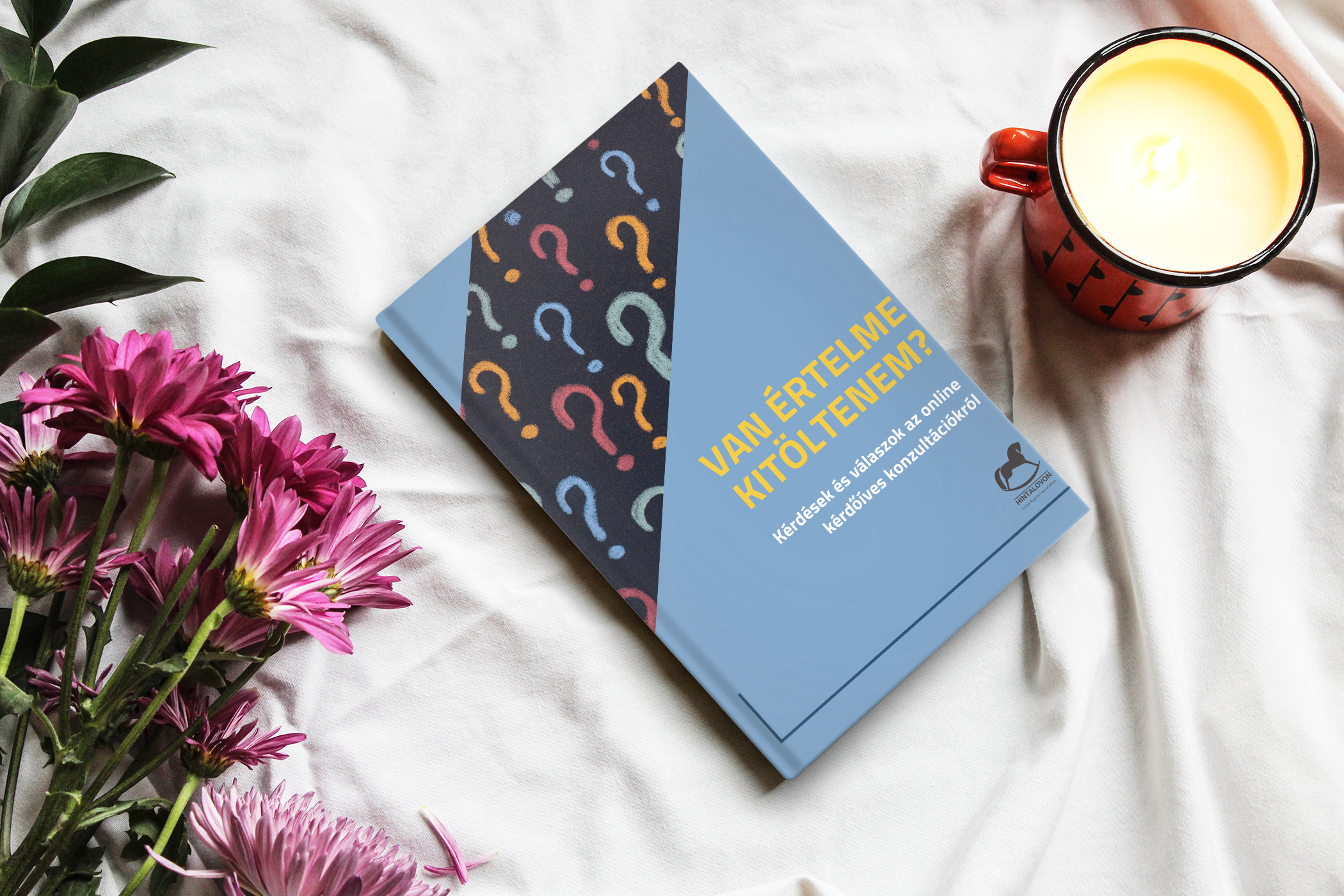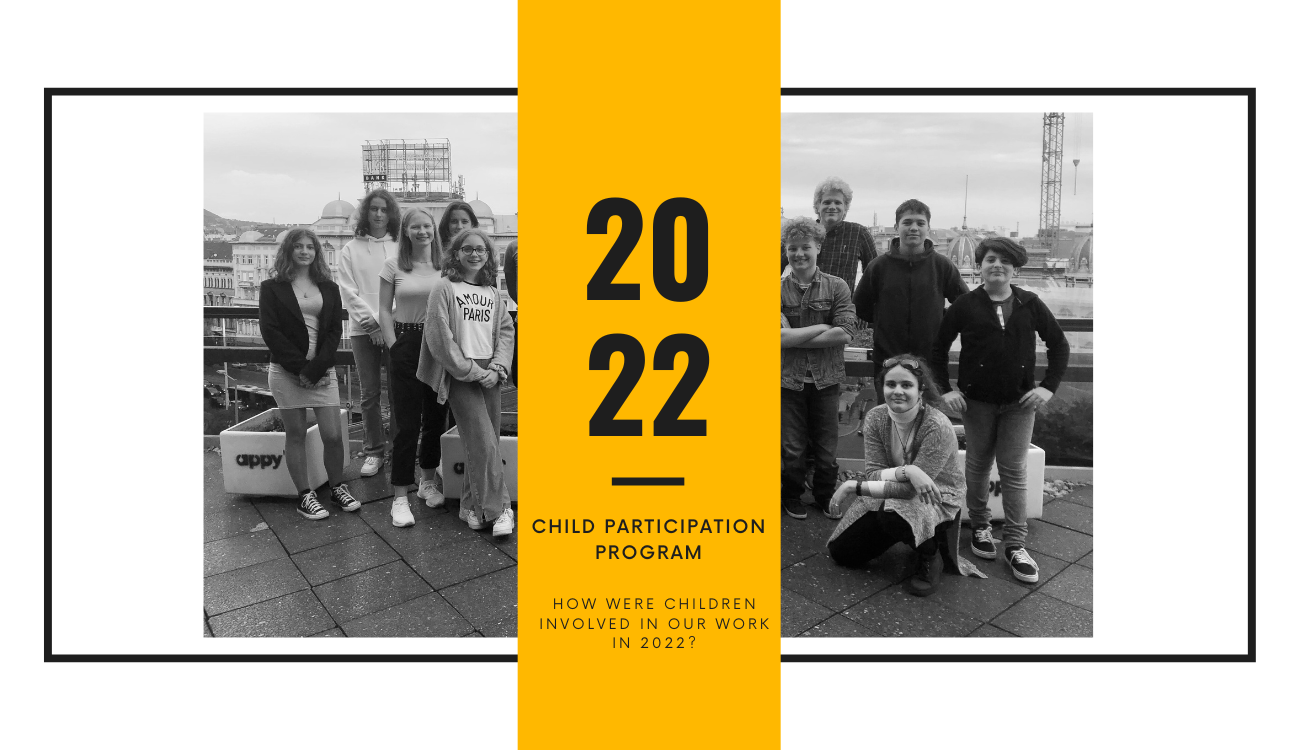26,258 children from 137 countries responded to a global survey and shared their views and experiences about life under the pandemic.The #CovidUnder19: Life Under Coronavirus initiative was launched by Terre des hommes in Spring 2020 to meaningfully involve children in responses to the COVID-19 pandemic and amplify their voices to inform policymakers, professionals working with children, and governments. Hintalovon and its child volunteers supportedthe participation of Hungarian children by translating the survey and data and promoting the initiative in Hungary.
The survey was designed with children, for children aged between 8 to 17 years available in 27 different languages alongside an easy to read version. The Centre for Children’s Rights at Queen’s University, Belfast designed the survey and analysed and reported the results, working at every stage with children and young people and other partners.
The results and findings of this survey were published inDecember, 2020. They are available in English, French, Spanish and Arabic (in preparation).
Through the various types of data collected – qualitative and quantitative in nature, the survey results disclose how the pandemic and related measures have affected children in different areas of life and circumstances around the world. The initiative can accelerate the design of responses to the pandemic in the short and long term.
Highlights from the research
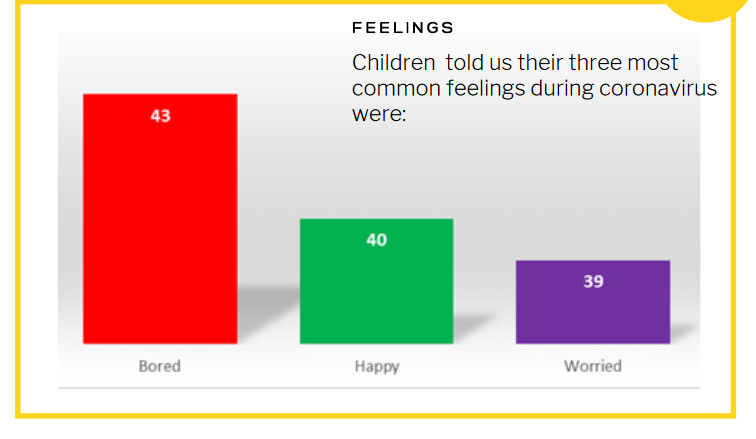
Health
- 21% of children said access to medical help was better before Covid-19.
Violence and Safety
- 9% felt less safe in their homes/where they lived since the start of Coronavirus.
- 36% felt safer since Coronavirus and 56% reported feeling as safe as they had done prior to the pandemic.
- 30% of children reported that they had greater knowledge than before the start of Coronavirus of how to seek help if they felt unsafe
- Most children reported hearing, witnessing or experiencing less violence (52%)
- 9% of all children reported hearing, witnessing or experiencing more violence.
Experiences of Covid-19
- 97% of children with experience of Covid-19 said they had been taught to wash their hands with SOAP and WATER for 20 seconds, or use hand gel/sanitizer.
- 48% said they have access to more soap, and 24% more water, to wash with than they did before Coronavirus
Participation
- While 35% didn’t know if children were being listened to by the government, another 38% considered that they were not heard when making decisions about the COVID19 crisis.
Information
- Family members (62%) and traditional news outlets (59%) are the preferred sources of information on the coronavirus.
- Children showed scepticism to information given by friends or in social media; 83% and 75% (respectively) of children said they didn’t use these sources. Using and sharing reliable info on social media and creating child-friendly sources of information were important concerns.
Adequate Standard of Living
- 20% of all children said they had less food since coronavirus
- 41% of all children said their family had less money to meet their needs since coronavirus.
Family Life
- Many children said that the amount of contact they had with their mum or dad was better now while most reported no change, and for some it was better before.
- Younger children were more likely to say it is better now whereas older children were more likely to say no difference.
- Children also highlighted that being with family was not universally positive.
Education
- 12% of children said their education was better during Coronavirus.
- Most children (58% of 13-17 year olds) said their education was better before Coronavirus.
- 41% said that being able to get support from their teachers was better before Coronavirus.
Play, Rest & Leisure
- 56% said they were less able to speak to their friends. Many children said the worst thing about Coronavirus was missing their friends.
- 35% said they got more physical exercise before Coronavirus
